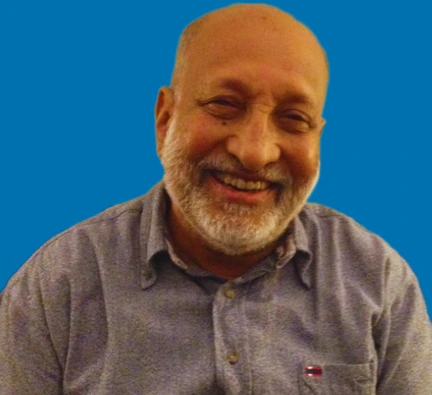The Daily Star – Lebanon
July 1, 2008
As NATO troops face stepped up guerrilla attacks in Afghanistan, Pakistan’s new ambassador to Washington, Husain Haqqani, is trying hard to explain to Americans why his government has tried to make peace with the Pakistani Taliban. That peace deal, despite the army’s confrontation with a senior Pakistani Taliban leader in the past few days, appears to have bolstered the flow of Pakistani fighters into Afghanistan. Kandahar Governor Asadullah Khalid says most of the 56 militants killed in a recent military operation there were Pakistanis.
The Pakistani Army had pushed for the Taliban deal and, more ominously, its paramilitary troops are reported to be training Taliban guerrillas. Some Pakistani officials say the recent American air strikes that killed 11 of their soldiers were a US warning to their army.
So why is the army helping the Taliban? I asked Haqqani at a dinner reception in Arlington, Virginia. The ambassador said he prefers “not to answer this question.” After a pause, he added: “The army operates in Pakistan’s social environment.” I was surprised by the envoy’s effort to explain, rather than deny, his military’s involvement in Taliban activities.
Pakistan’s “social environment” is indeed overwhelmingly supportive of the guerrilla movement to expel NATO troops from Afghanistan. The discredited Pakistani President Pervez Musharraf led the “war on terror” against the Taliban and Al-Qaeda to gain American support for his military rule. But the current democratically elected government, sensitive to public opinion, considers it suicidal to do so. Government officials also point out that Musharraf’s military crackdowns against the Taliban have increased, instead of decreased, the guerrilla group’s popularity and militancy.
During a fall trip through Pakistan, I was told by politicians, scholars and ordinary people that they didn’t differentiate between NATO and Soviet troops in Afghanistan. Pakistani youths, supported by the CIA and American arms, fought to roll back the Soviet occupation of Afghanistan in the 1980s.
In Islamabad, Senator M. Enver Baig of the ruling Pakistan People’s Party reminded me that the US government and media called the anti-Soviet guerrillas “mujahideen” or freedom fighters. He said the Taliban were resisting “American hegemony,” but that they “don’t hate Americans.”
The Taliban are made up mostly of Pashtun, who make up 42 percent of Afghanistan’s population and nearly 20 percent of Pakistan’s. Numerically, Pakistan has twice as many Pashtun as in Afghanistan. Many Pashtun in both Pakistan and Afghanistan resent the boundary, drawn by the British colonial power, that divides them between the two countries.
The Pashtun are known for their infinite hospitality and legendary spirit of independence. Unlike Al-Qaeda, the Taliban didn’t have an anti-American agenda. Their belief that they had a “duty” to protect their guest Osama bin Laden made them face the catastrophe of the 2001 US invasion. In Bajaur tribal agency, I was told that if George W. Bush had become a Pashtun guest, they would have protected him, too, with their lives.
Similarly, throughout history the Pashtun have shown indomitable valor in beating back invaders, some of them superpowers of their day such as the Greeks, British and Soviets. Today most Pakistanis and Afghans believe in their bones that the Pashtun will drive back the NATO forces from Afghanistan as well, and Pakistanis overwhelmingly support their campaign.
Apart from Pakistan’s pro-Taliban social environment, strategic calculations weigh heavily with the Pakistani Army, which dominates the management of Islamabad’s Afghan (as well as Kashmiri and nuclear-arms) policy. Army officers resent Afghan President Hamid Karzai’s warm ties to India, Pakistan’s arch-adversary. And they believe that because NATO will one day be pulling up its stakes from Afghanistan, they need to make sure Kabul doesn’t come under the influence of a hostile power, especially India. The Pakistani Army is cultivating the Taliban because it sees them dominating political life in post-NATO Afghanistan. They ruled Afghanistan during 1996-2001, when Pakistan’s relations with it were the closest ever.
The Pakistani Army values relations with the United States, but it thinks it can’t ignore Pakistan’s strategic interests in Afghanistan. The army has, however, lessened somewhat it support for the Taliban in an effort to placate the Bush administration, hoping, perhaps desperately, that the Americans will eventually realize that they will need some day to bid Afghanistan farewell, but that Pakistan cannot do so.

